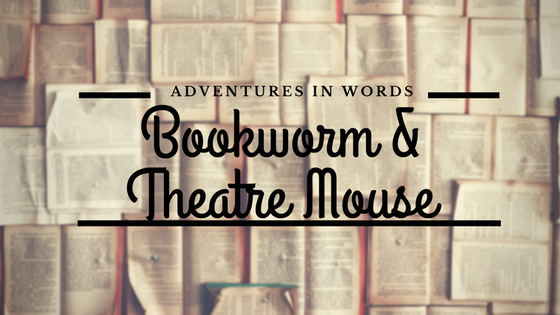Bookstagram made me do it. I may as well get that out of the way as I bought this book despite all of the ones on my tbr pile.
However, I have no regrets. This book is a brilliant ‘whodunnit’ – with a fantastic title that has two meanings in this novel – and you are pretty much teh detective. The story is told through emails, text messages, police interviews and the odd newspaper article. So, as a reader, you are drip-fed the evidence as you try to solve the crime. It makes the book incredibly readable but, also, it’s quite a talent of Janice Hallett to be able to put together the story in such intricate detail – ensuring there are no losse ends. As well as creating real characters and all the additional drama that can be created within a small community.
I really can’t recommend this book enough. A new and edgy crime novel which is perfect for those who are longstanding fans of the genre – or those who may want to find a new genre to enjoy.
